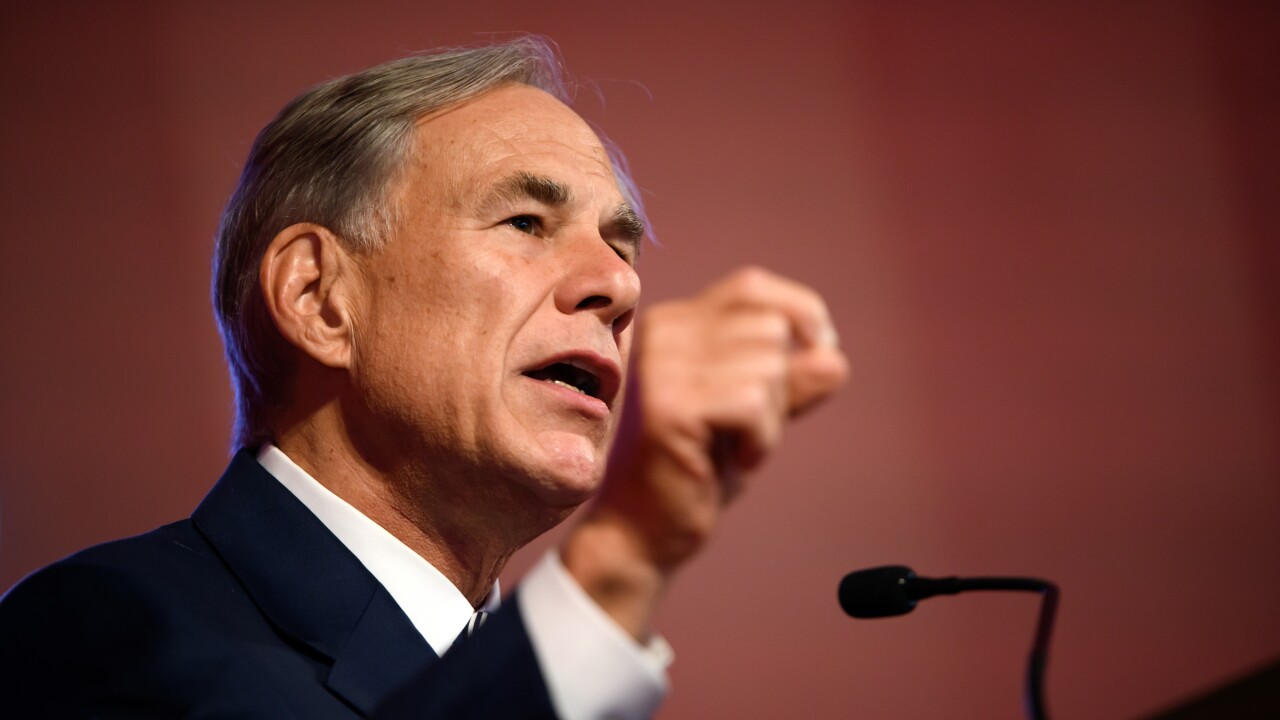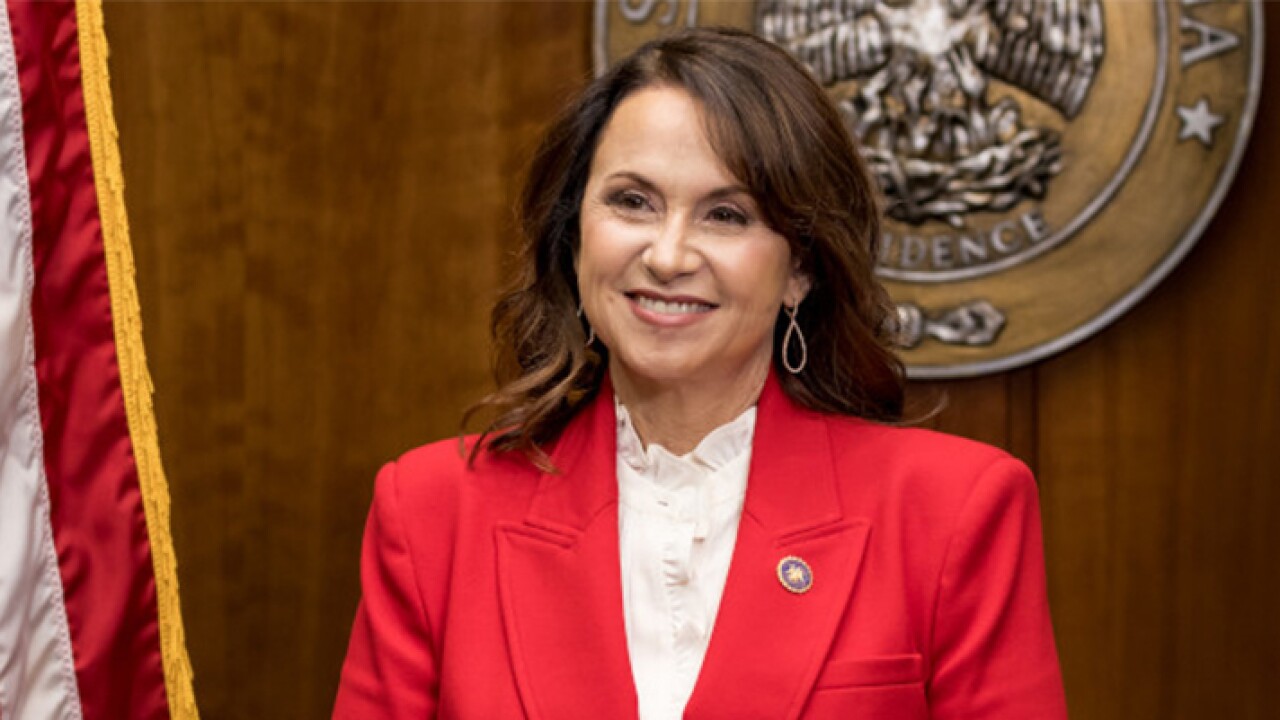
CHICAGO — Chicago Public Schools is seeking a $400 million increase to its short term borrowing capacity, giving it room to leverage up to $1.55 billion of anticipated revenue to manage its strained liquidity.
The authorization is among the financial items the Chicago Board of Education will consider and vote on at its Wednesday meeting. The district will also seek approval for a $5.4 billion budget for the fiscal year that began July 1, for an up to $945 million bond authorization, and a $2.74 billion property tax levy.
CPS said it continues to negotiate with lenders on establishing new lines that are expiring. CPS' cash flow remains lean and officials said the increase from $1.065 billion is needed because its annual debt service deposit due in February will rise as it sheds the use of scoop-and-toss debt restructuring for budget relief.
"During the fiscal year, CPS' cash flow continues to pose challenges because of the significant mismatch in the timing of revenues and expenditures," CPS officials said. The district receives two lump-sum property tax payments annually, including one in early March, and has recently structured its credit lines as tax anticipation notes.
The district said its annual debt service deposit in February will rise to $373 million from $42 million.
It's unclear how the number was calculated because the district made a $268 million deposit last February after restructuring $200 million coming due.
The district intends to repay the line of credit immediately upon receiving March receipts, officials said. The fiscal 2017 budget earmarks $35 million for interest on short term borrowing.
Schools chief Forrest Claypool has said he's confident the district can reach agreements with credit providers and return to the market with a public offering after passage of the budget. Once facing a more than $1 billion deficit, the district is promoting the budget as balanced and frugal because it spends $232 million less than fiscal 2016.
Market participants agree that the budget advances efforts to shore up the district's shaky finances but warn it falls far short of stabilizing the district's fiscal foundation due to the uncertainty of some revenue streams.
The state signed off on the restoration of a $250 million property tax levy for pensions, $130 million in additional grant funding, and $215 million in pension funding help. The grant funding is not guaranteed past fiscal 2017 as lawmakers are expected to work on overhauling state funding formulas and the third will be finalized next year only if state lawmakers agree on a pension reform package.
The district is also banking on phasing out over two years its coverage of 7% of the teachers' 9% pension contribution for eventual savings of about $130 million. Union leaders have warned they may strike over the proposal.
The district's tax levy request will rise by 14.3% to $2.74 billion from $2.4 billion which translates into a $245 increase for the average $250,000 home. The increase includes the $250 million pension levy, a renewed $45 million levy for capital approved by the city council last fall, and the district's request to raise its regular levy by the annual maximum under state property tax caps.
The district would have three years to exhaust the $945 million in new bonding authority up for consideration Wednesday and it would return for approval of individual issues as they are readied for sale, officials said. The district is pursuing a $338 million capital program this year but that relies on just $266 million in debt. A supplemental capital budget is expected to be introduced in the fall.
The district has paid a steep penalty to issue long-term debt. It paid a high of 8.5% on its most recent public offering for $725 million that it struggled to complete earlier this year as the district grappled with negative headlines, downgrades, and comments from Gov. Bruce Rauner pushing bankruptcy for the district.
It paid 7.25% on a recently closed $150 million private placement. The district issued $1.1 billion in tax anticipation notes during fiscal 2016 that paid rates of 3.25%, expensive for debt of a short duration.
The district is rated B-plus by Fitch and S&P, B2 by Moody's Investors Service and carries one investment grade rating of BBB-minus from Kroll Bond Rating Agency. All assign a negative outlook. The district has $6.7 billion of debt outstanding and nearly $10 billion of unfunded liabilities.





